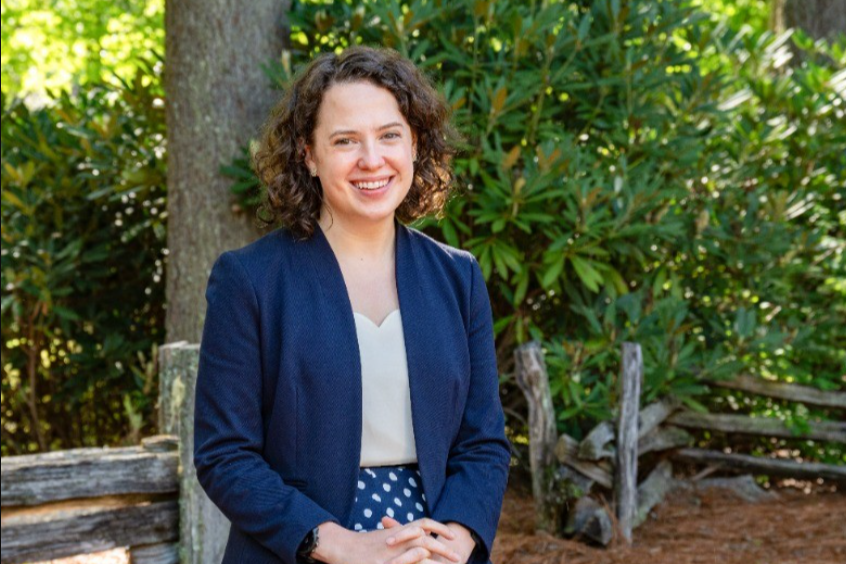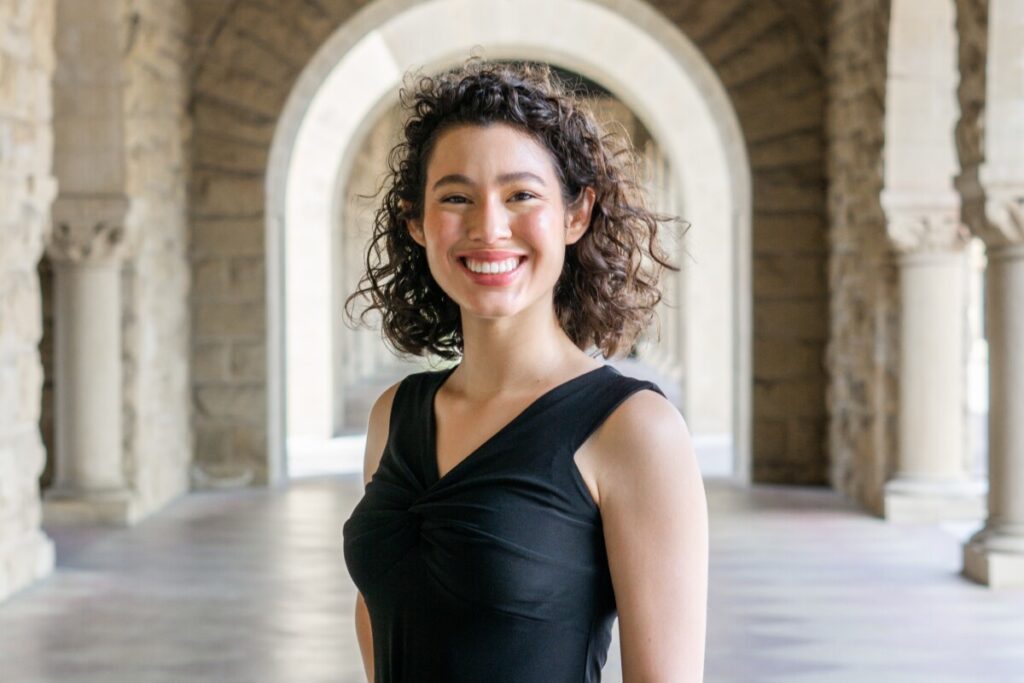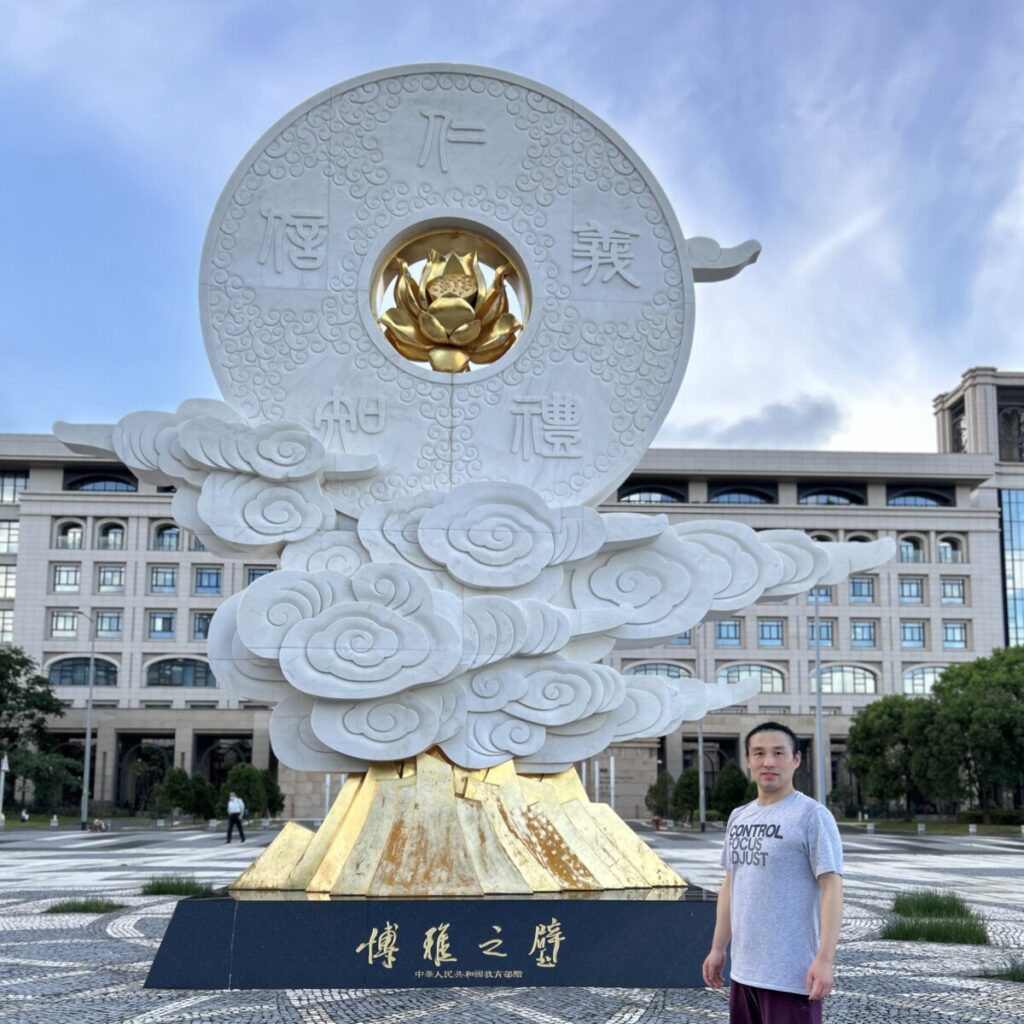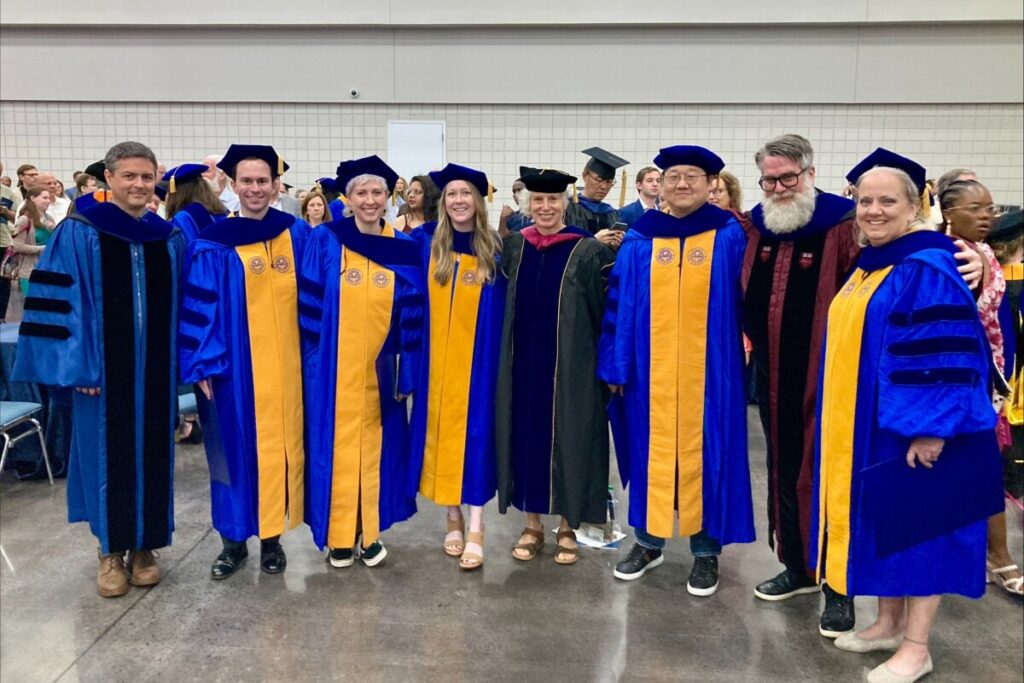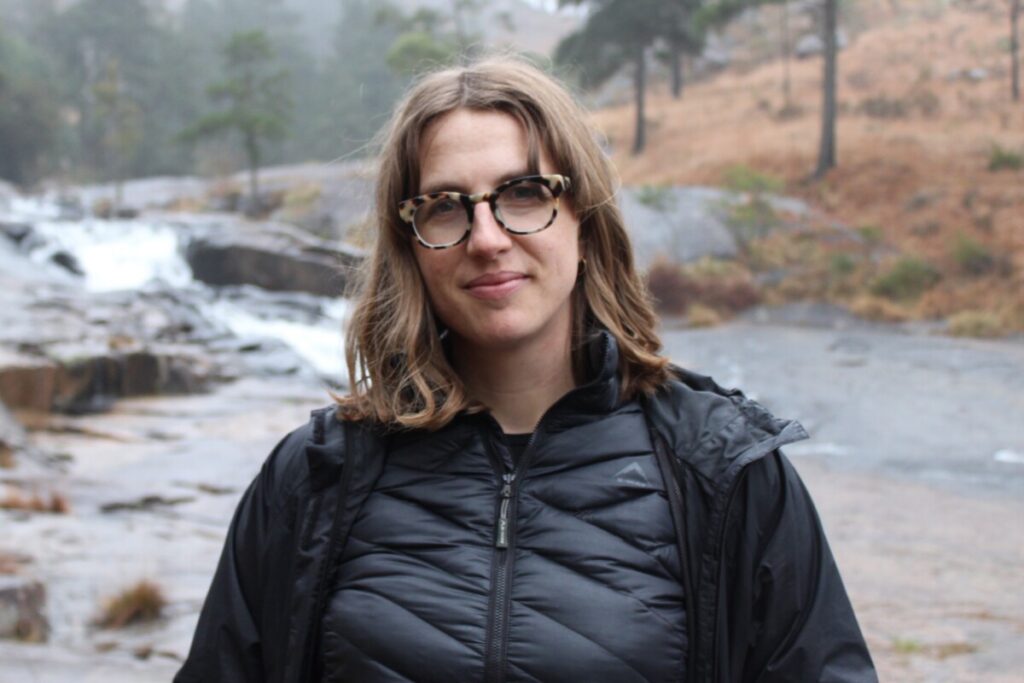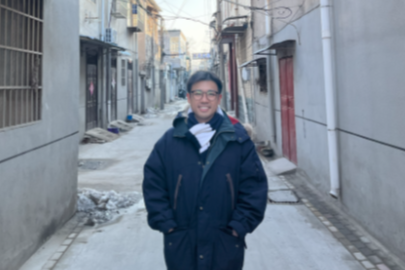
In the summer of 2024, History PhD student Ashley Tan received funding from Emory’s Tam Institute for Jewish Studies to conduct research on Jewish communities in East and Southeast Asia. He wrote a reflection on his summer experience, which includes a fascinating discussion of his search for a centuries-old Kaifeng Jewish community, in a piece for the Tam Institute’s website.
In parallel to his history coursework, Tan is working towards a Jewish Studies Graduate Certificate. He is also a Brickman-Levin Fellow of the Tam Institute for Jewish Studies, Young NUS Fellow of the National University of Singapore, and a Yenching Scholar of the Yenching Academy of Peking University. Tonio Andrade, Professor of History, serves as Tan’s advisor.
Read an excerpt from the Tam Institute piece below along with the full reflection.
“With the help from the Tam Institute’s research grants, I have had the chance to visit and conduct research on a number of different Jewish communities in East and Southeast Asia. The community that I will be focusing on in this article is one that is relatively more well-known but has largely faded into obscurity in recent years: the Kaifeng Jews. Although I have seen mentions of this community in passing when I read scholarship about Jewish history or when I visited different Jewish museums, detailed information about this community, especially regarding its recent history, is quite scanty. This puzzled me as the Kaifeng Jewish community is one of the oldest Jewish communities in Asia, dating back at least to the Song dynasty that existed around 1000 years ago when Kaifeng was the imperial capital, so I knew I had to go see it for myself.“
